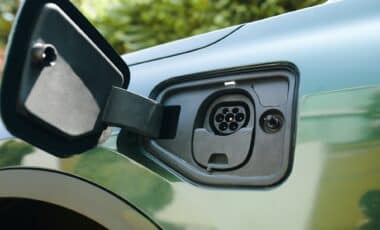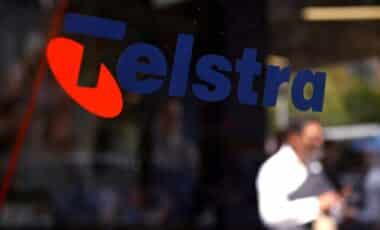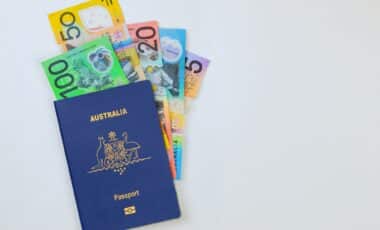A plan designed to reduce vehicle emissions and accelerate the uptake of electric cars across Australia is facing major changes under a potential Coalition government.
Opposition Leader Peter Dutton has sharply criticized the current system, which enforces penalties on car manufacturers that exceed fuel efficiency targets, calling it an “unfair car tax” that could drive up costs for consumers. The proposed changes would remove these penalties while keeping the broader regulatory framework intact.
According to reporting by ABC News, the existing policy—set to take effect in July—is already influencing industry decisions on model availability and pricing strategies.
Proposed Changes to the New Vehicle Efficiency Standard
The New Vehicle Efficiency Standard (NVES), due to take effect in July 2025, sets a cap on average emissions across a carmaker’s new vehicle sales.
Manufacturers who exceed the cap will face financial penalties, while those who perform better earn credits under a cap-and-trade system. The Coalition has pledged to retain the framework but abolish these penalties, arguing they would increase vehicle prices.
3This is a tax on families who need a reliable car and small businesses trying to grow. Instead of making life easier, Labor is making it harder and more expensive,” Mr. Dutton said.
“A Coalition government will scrap this tax, so Australians can keep more of their hard-earned money when purchasing a new car.“
Industry Support for Standards, Disagreement Over Enforcement
The NVES has received support from automotive manufacturers, consumer advocates, and car dealers, who argued that Australia’s absence of fuel efficiency laws—shared only with Russia—has limited supply of modern, efficient vehicles.
The industry had previously called for regulation, stating it was difficult to bring in-demand models to Australia without clear emissions targets.
According to Energy Minister Chris Bowen, NVES brings Australia in line with major car markets:
“Let’s be clear on what these standards do: they bring us into line with the rest of the world, so that Australians can have more cars that are cheaper to run.“
He added that consumers can continue buying the vehicles that suit their needs, stating :
“People can buy whatever car suits their needs, from 4-wheel-drives and utes to EVs and hatchbacks. Vehicles are getting more efficient every day, and carmakers that offer those up-to-date models won’t be impacted.“
Market Reaction and Policy History
The Coalition has strongly opposed the penalties, warning they could increase prices by thousands of dollars on popular models like high-emission SUVs and utes.
Industry sources suggested that some variants—such as the Ford Everest and Mazda MU-X in 4×2 configurations—may be withdrawn, while other automakers are preparing to integrate the cost of fines into pricing structures.
“Labor has got the balance wrong by imposing penalties that will be passed on to Australian families and small businesses,” said Shadow Energy Minister Ted O’Brien.
“The Coalition backs lower emitting vehicles because more fuel-efficient cars save Aussies money every time they fill up — but we won’t back Labor’s car tax that drives prices through the roof.“
This isn’t the first time the Coalition has campaigned on the issue. In previous elections, they framed fuel efficiency standards as a threat to recreational vehicle ownership, famously warning they “threatened to end the weekend”.
Political Divergence Over Environmental and Consumer Goals
The Labor government maintains that its approach balances environmental goals and cost of living concerns. Penalties, it argues, are necessary to ensure compliance and drive adoption of efficient vehicles.
“Peter Dutton wants Australia to be a dumping ground for out-of-date models, that guzzle petrol and cost more to run, putting us in the same basket as Russia when it comes to standards,” said Mr. Bowen.
Consumer and motoring advocates, carmakers, and dealers support standards with teeth because they know their customers benefit from cars that are cheaper to run.
Mr. Bowen warned that the Coalition’s plan would weaken the entire system:
“Removing penalties would turn the standards into a toothless tiger.“
Long-Term Outlook and Industry Forecasts
While the NVES penalties do not become payable until 2028, the industry is already factoring them into planning. According to insights firm Blue Flag, cumulative penalties could total $2.7 billion by that date. Automakers performing below the cap stand to benefit from selling unused credits.
Broader uncertainty in the global automotive market—fueled by US tariffs under President Donald Trump, including new duties on foreign vehicles—adds another layer of complexity, making strategic decisions more difficult for international carmakers operating in Australia.









